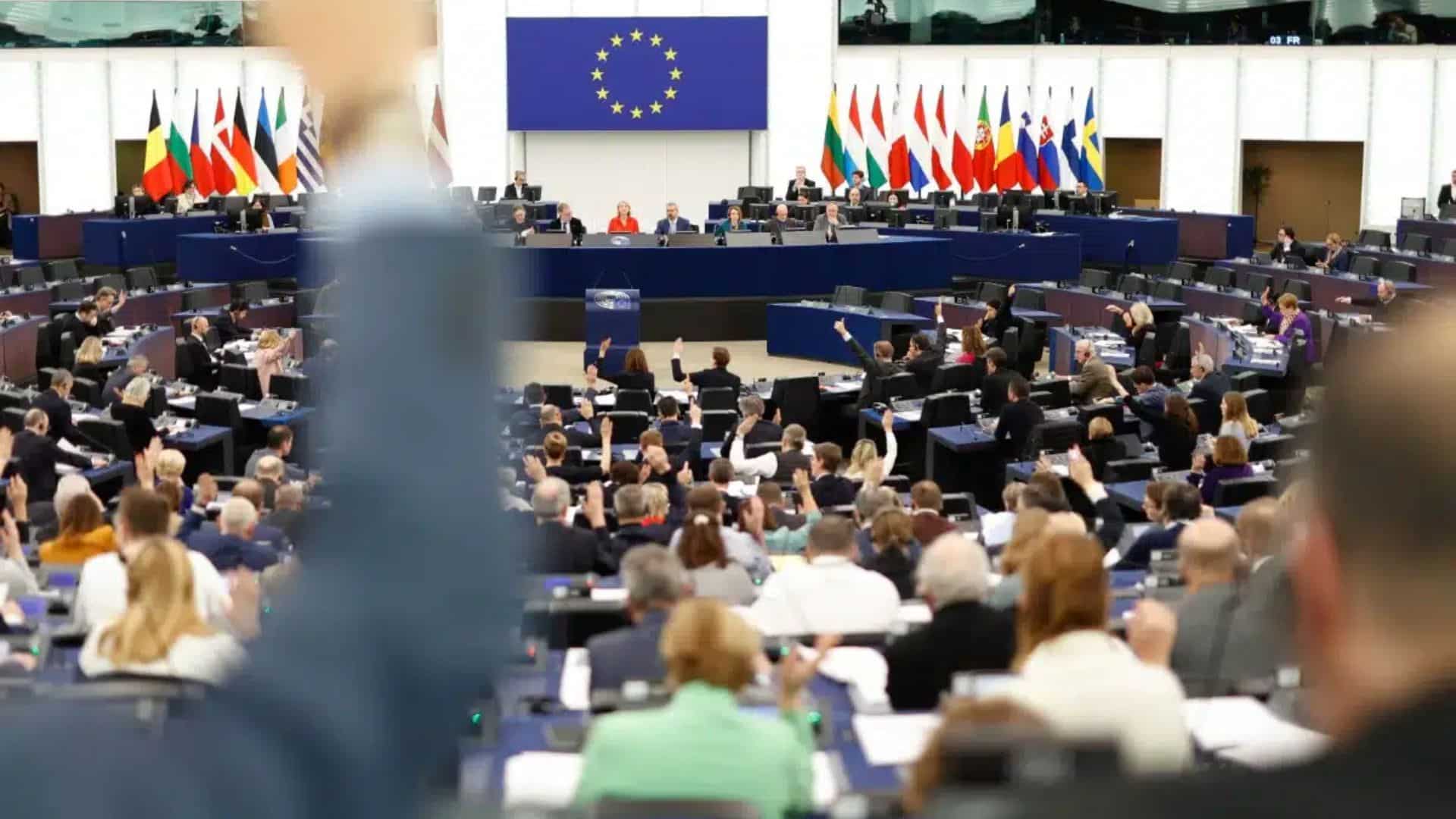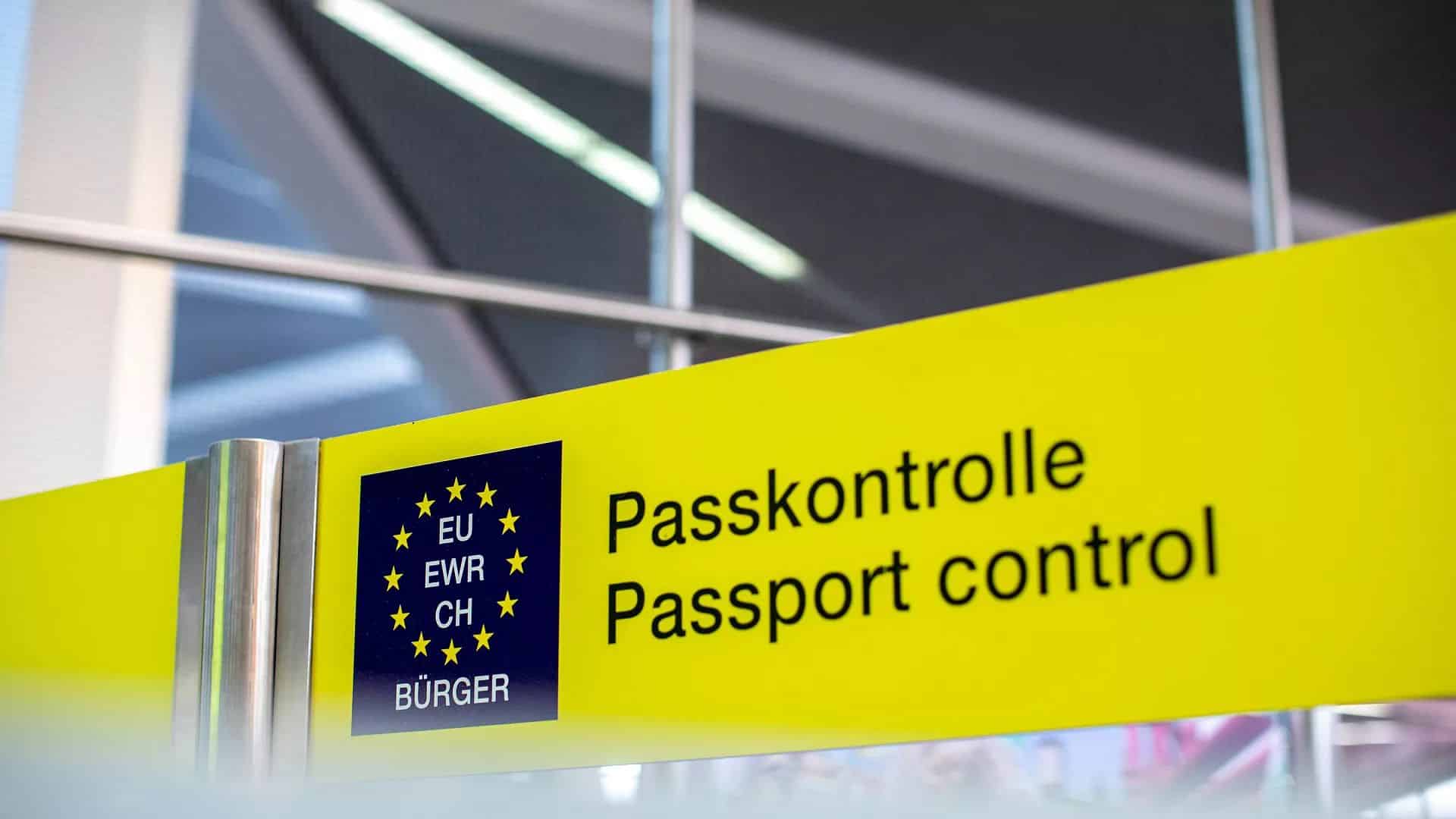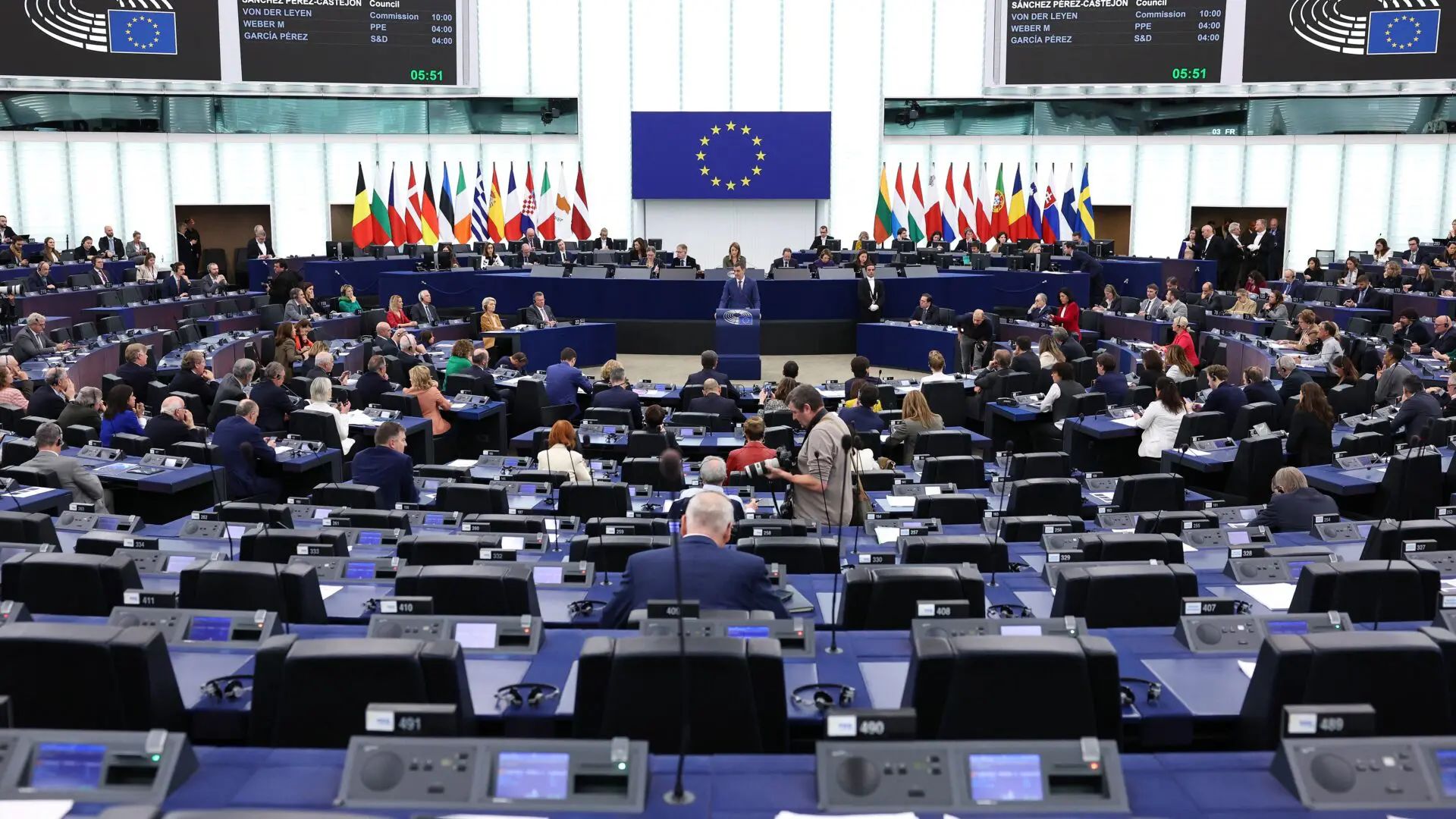
European Parliament narrowly endorses EU migration reform, moving it closer to the finish line
The European Parliament has just passed a comprehensive reform of the European Union’s migration and asylum policy by a slim margin. This decision was made amid doubts, fueled by increasing opposition from both the right and left political spectrums, which ultimately did not stop the pivotal vote on Wednesday afternoon.
Roberta Metsola, President of the Parliament, stated, “We have listened, we have acted, and we have delivered on one of the top concerns of Europeans.”
Describing the day as historic, she announced the advancement of the New Pact on Migration and Asylum. This pact, which comprises five interconnected legislative pieces, now awaits final approval from EU member states, expected by month-end.
The New Pact aims to standardize the handling of asylum seekers and their relocation, a topic that has repeatedly caused tension since the migration crisis of 2015-2016, especially in Southern Europe. This reform initiative, first proposed in September 2020, seeks to end the isolated approach of the past by consolidating various facets of migration management.
Despite its ambitious scope, which spans numerous complex issues including fundamental rights and national security, the legislative process has been slow. The European Parliament and the member states have debated and modified the pact extensively, highlighting the complexity of the legislation.
The parliamentary approval came with a narrow majority, impacted by protests and delays, signaling a contested reception. As part of the ongoing campaigns for the upcoming EU parliament elections in June, mainstream parties hope to showcase the reform as evidence of the EU’s efficacy.
Metsola emphasized that the New Pact aims to be fair, firm, and strong, particularly against human smuggling, but cautioned that it wouldn’t instantly resolve all issues.
Beside her, Ursula von der Leyen, President of the European Commission, commented that the reform would significantly enhance border security and asylum processes, marking a significant step toward a unified European approach.
This substantial but controversial reform maintains the existing “Dublin principle,” which places initial responsibility for asylum seekers on their first country of arrival. The five laws under the New Pact cover a range of procedures from pre-entry checks to crisis regulations, aiming for a cohesive, unified European asylum policy.
However, organizations like Amnesty International criticize the reform for potentially increasing human rights violations, arguing that the fast-tracked border procedures could undermine asylum seekers’ rights and lead to more deportations.











